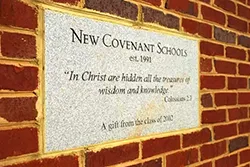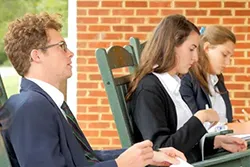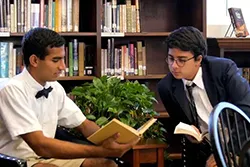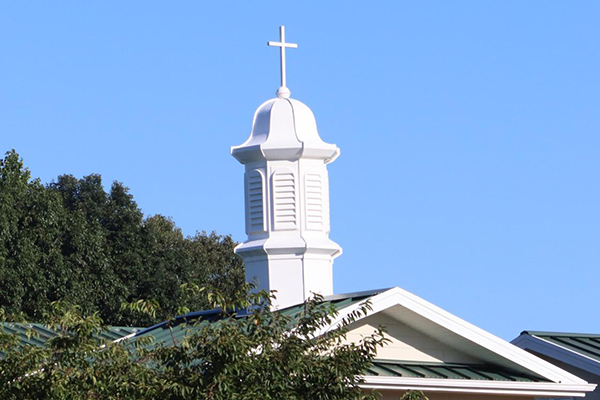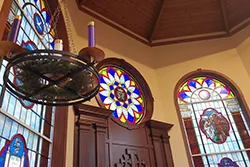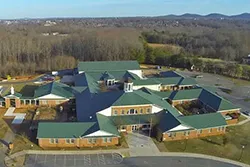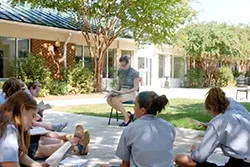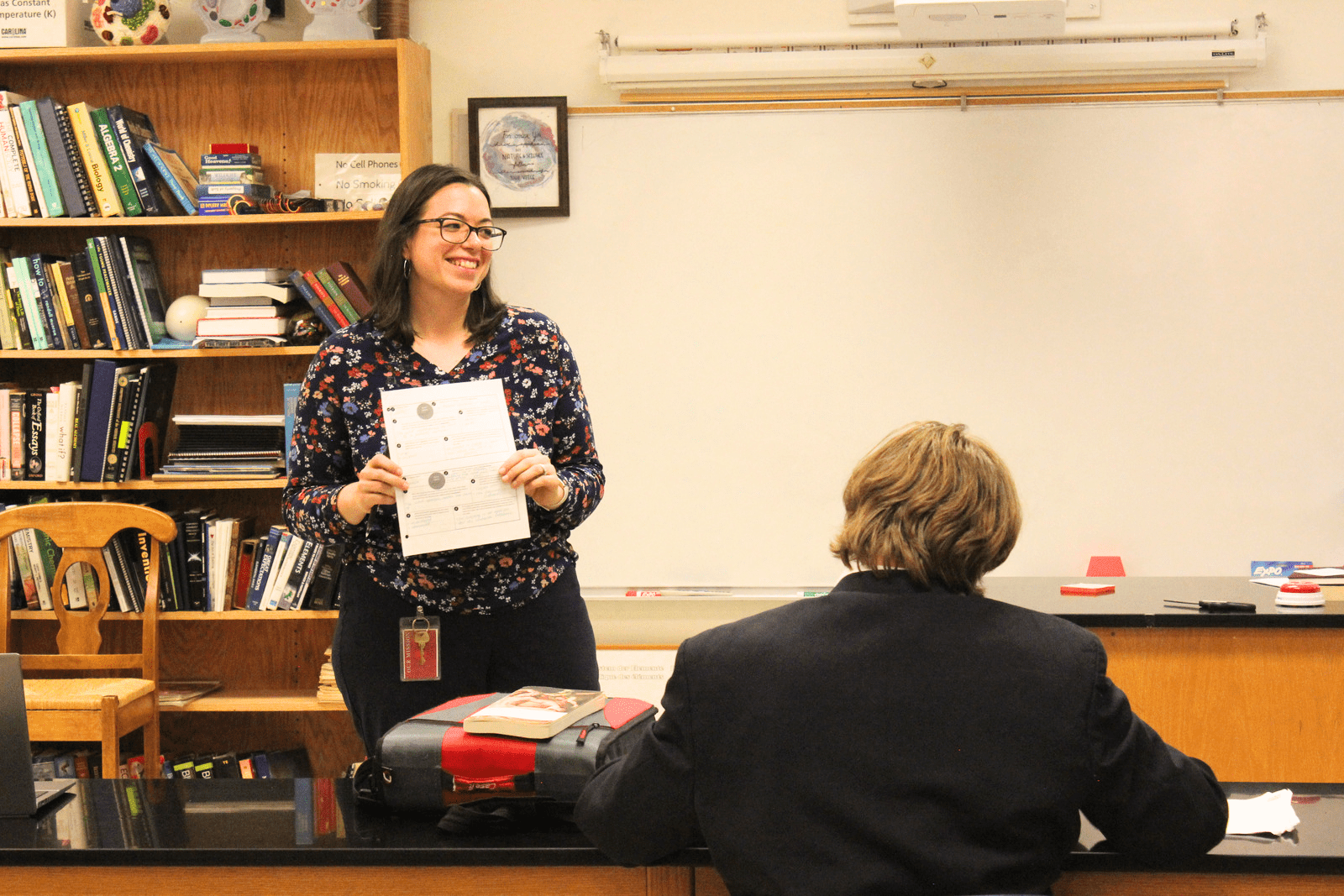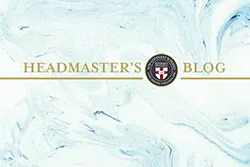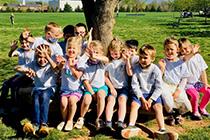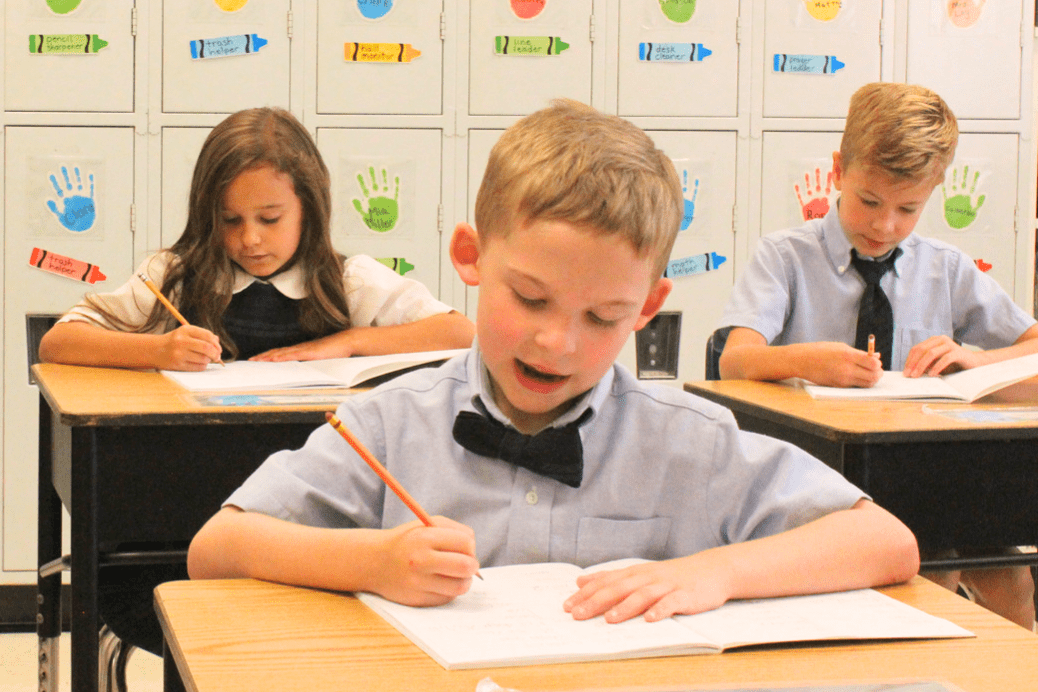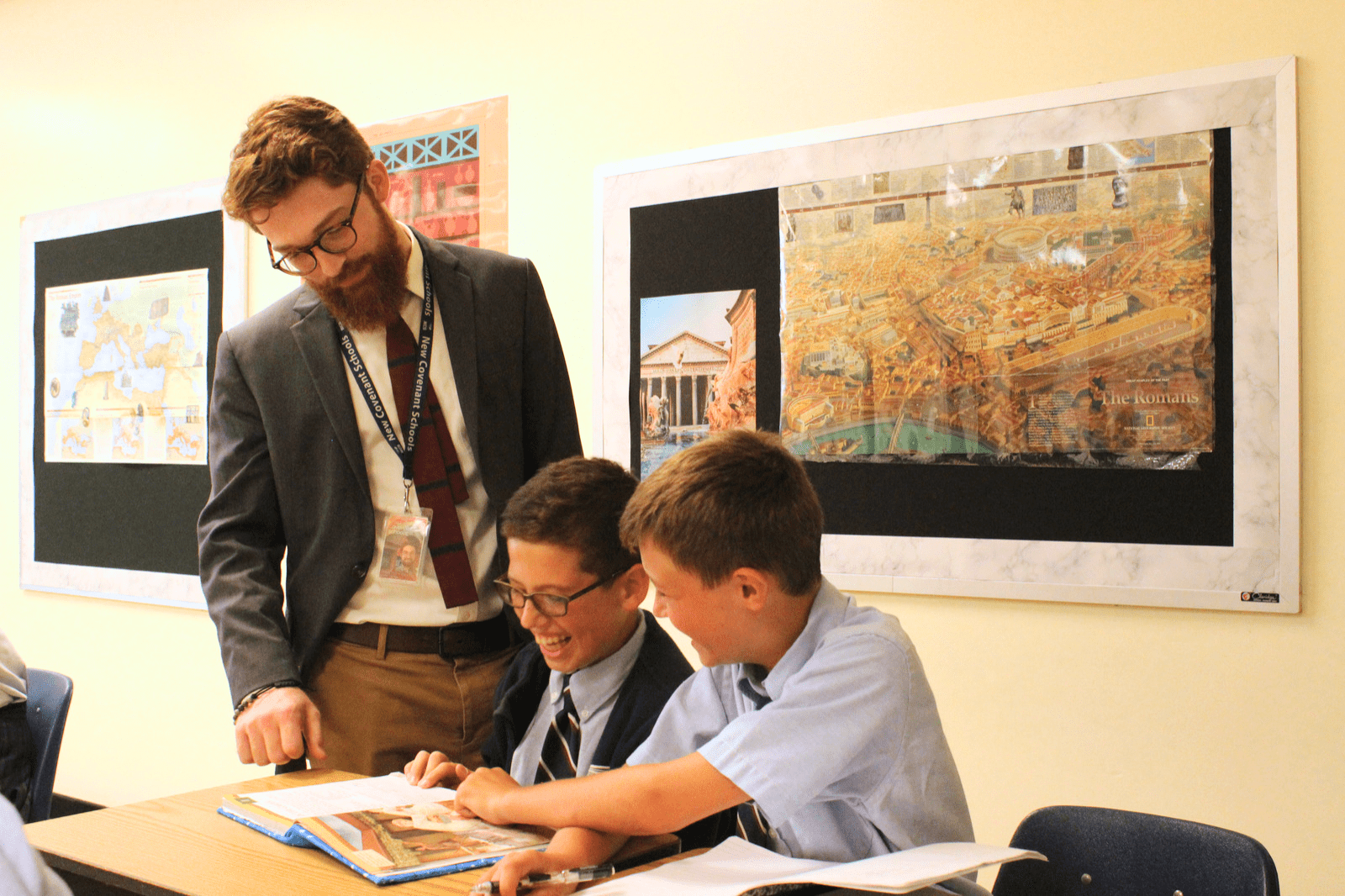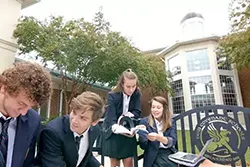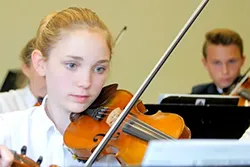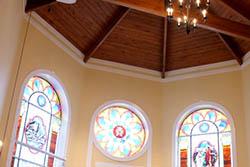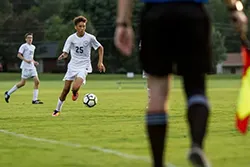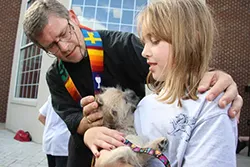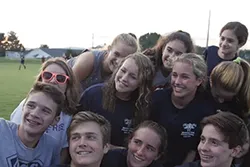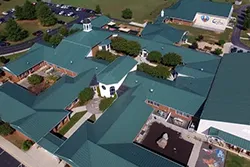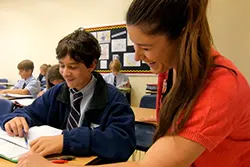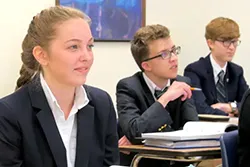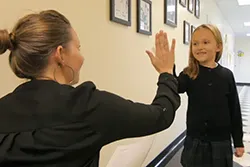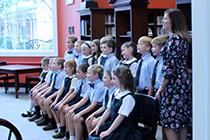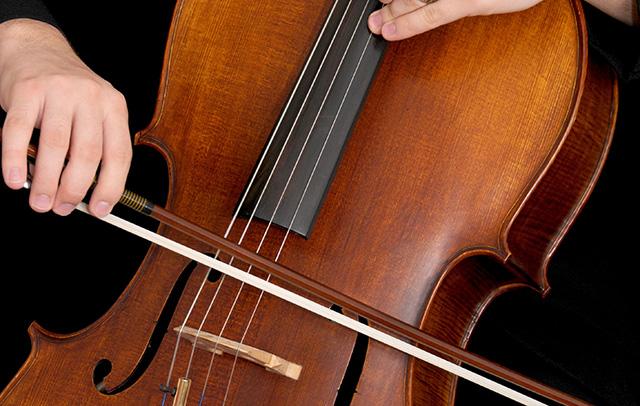Several members of our faculty and I are working on a project we call Defending the Tradition. It’s an effort to enable our students, parents, faculty, and wider community to gain more purchase on classical education and the cultural inheritance that belongs to us and to our children. Since many of us are not products of a classical, Christian education, we can often feel like outsiders, as though those smart administrators and teachers over there at New Covenant know the inside deal and have the real scoop. Please—let’s stop that right now. Let me put your mind at ease with a different story.
When I was 25 and newly married, my wife and I discovered a CD of various cello recordings. One of the pieces was a berceuse, French for lullaby, from Benjamin Godard’s opera, Jocelyn, written for the cello in 1888. I was captivated by it, and one day, I told myself, I would learn to play it. Mind you, I had never touched a cello.
Twenty-five more years later, when I turned 50, I made a short assessment of things I wanted to do in life but had not tried. One of those was learning to play the cello. No one in my family played a stringed instrument, and the extent of my musical training, oddly enough, was playing the accordion in grade school. (That’s a story for another day). Joe Nigro, one of the Commonwealth’s most accomplished violists and the orchestra director at New Covenant, got me a loaner instrument and gave me some rudimentary lessons. I got going with Suzuki books I and II and then got distracted building more stuff at New Covenant. I put the cello down for a couple of years, all the while resenting myself for the false start.
Soon enough, Teresa Angell joined our staff as a cello coach, and later as the school nurse (yes, she is talented). I told her my story about forsaking the cello, and she agreed to take me on as a student. Today, ten years later, I can sight read much in my hymnal, and I am beginning to play minuets from Bach. Most importantly, she taught me how to play Godard’s Berceuse.
Now don’t get me wrong. I am not a cellist. I will never be able to look at a piece of music and see what Joe or Teresa sees on the page. To them, musical notation is like reading English; it’s a language in which they are fluent. For me, it’s black ink on a page, and when I play, it’s more often like a child painting by number. When Teresa touches her cello, it awakens, it breathes, it responds and talks to her. I have a new cello now, and though I play most mornings in my office at 6:30 before anyone gets to school, my cello can still remain soundly asleep in my arms.
What does this have to do with you and the classical, Christian tradition? Simply this: you may not be familiar with all of the great books or know much about truth, goodness, and beauty. If you’re honest, you might even admit that you don’t feel confident telling your friends what is distinctive about your child’s school. Face it—you’re not a classicist any more than I am a cellist. But you don’t need to be. Just as you can be a faithful Christian without being a theologian, you can benefit from what we call the “Great Conversation.” It’s not about being a classics major. It’s about participating in the journey. Truth be told, many of our faculty have felt just as you do, but together we’re on a path to learn something today that we did not know yesterday, to strengthen our own grip on our common project. Most of all, we want to know more about the big questions of life.
Let’s make it more personal because it’s likely that you’ve already entered the Great Conversation. Did you ever ask yourself a question like, “Where did I come from?” or “Why am I here?” or “Who am I and what is my purpose in life?” Have you ever wondered why a piece of music made you cry or why the ocean or the starry sky made you feel diminished and ennobled at the same time? Sure you have, and so you have already experienced four or five big questions that have been discussed in the Great Conversation. Even children can ask these questions, and it follows that the best school for them would not only teach them to read, write and reckon, it should boldly entertain the great questions that they naturally have. The classical tradition is nothing more than a very long catalog of people answering these questions.
Classical education, simply put, is a curriculum built on the books that contain the best of what has been thought and said on these and many more such questions. Sometimes the questions are asked and answered in stories, sometimes in poetry, sometimes in music or art, often in film, and certainly in the Scriptures.
Going forward you’ll see more articles in the Quid Novi from the Defending the Tradition project. They are being offered as a way of entering into what’s been called “The Great Conversation,” to contribute to your own appreciation for the things that lie at the foundation of our school.


